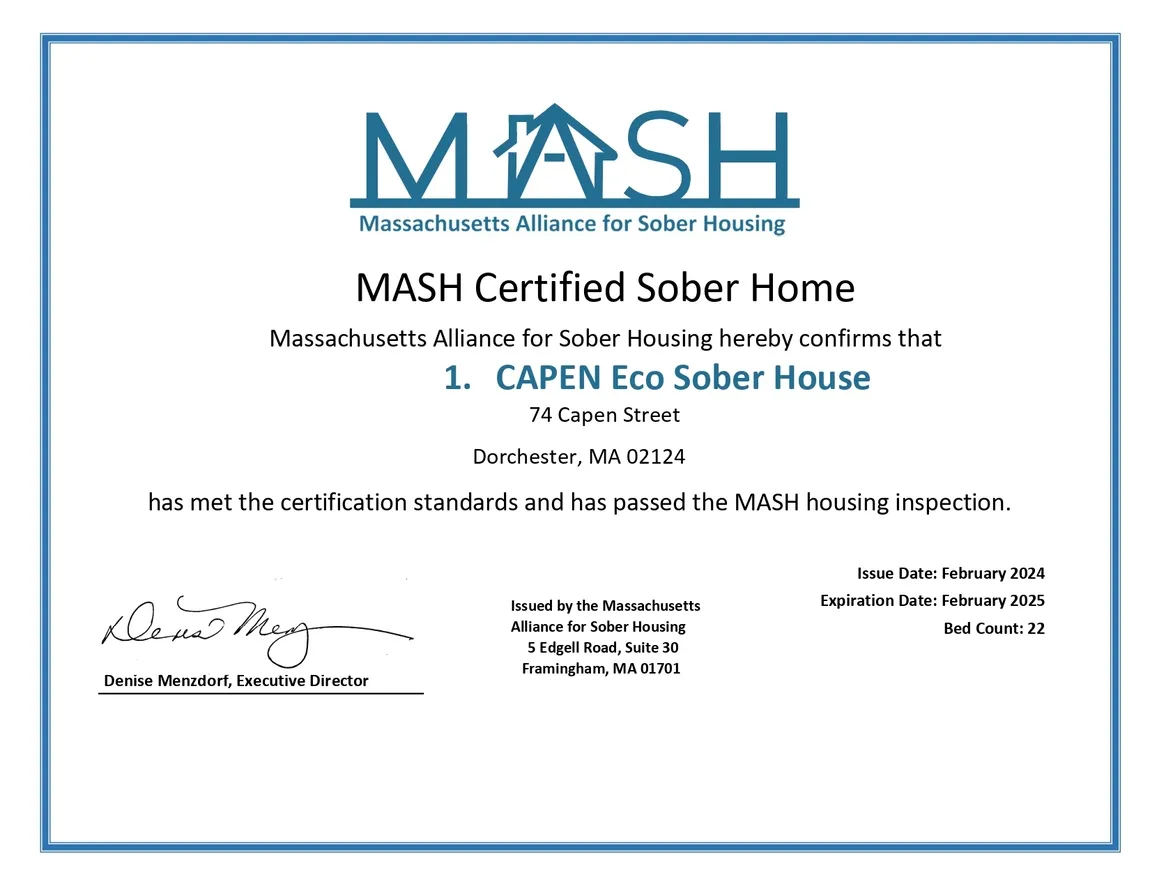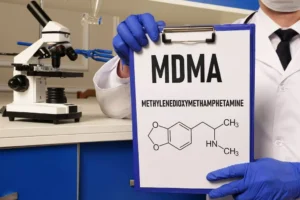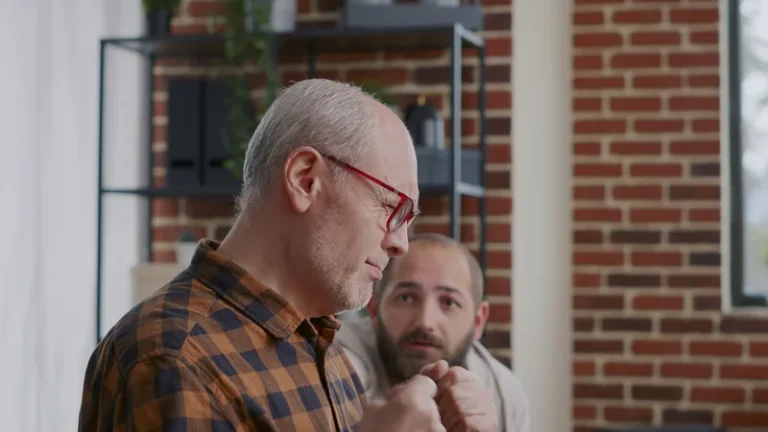
If the person is incapable of even being honest with themselves, it may not be reasonable to expect them to be honest with you. Protect your children, and don’t hesitate to keep them away from someone who drinks and does not respect your boundaries. Growing up in a home where alcohol use is common, can leave lasting scars.
Denial Feels Like the Easier Option
- Encourage them to seek help, whether through support groups, counseling, or recovery programs tailored for alcohol use disorder (AUD).
- Unconditional love and encouragement will go a long way in helping your loved one find freedom from alcoholism but, ultimately, the desire to change has to come from within.
- It doesn’t reach a certain level and remain there for very long; it continues to get worse until the person with an alcohol problem seeks help.
- Imagine you have an orange-tinted pair of glasses on- everything will look orange, right?
- Such standardized approaches might be especially useful for identifying high functioning individuals with AUDs whose SES might erroneously imply that they are less likely to have alcohol problems.
- Treatment programs at The Recovery Village include a full spectrum of alcohol recovery services, from alcohol detox to rehab, aftercare and sober housing.
If you recognize denial in yourself, Scholl advises that you reach out for help. Talk to someone close to you or get an outside opinion from a therapist, a spiritual counselor, your doctor, or a hotline number, such as the National Domestic Violence Hotline if you’re experiencing intimate partner violence. For addiction problems, make that first call to a substance use disorder hotline or recovery center, or try attending just one meeting of a 12-step program (such as Alcoholics Anonymous). In time, you can learn to face your fears or concerns, and develop a concrete plan to change. How can you determine the best treatment fit to help your loved one get sober? Understanding a Twelve Step Recovery Program for alcohol addiction and the importance of ongoing recovery programming and support groups.

How to Help an Alcoholic in Denial
For AUD probands, deniers were less likely to endorse several specific criteria that might offer some insights into why they do not consider themselves problem drinkers. Protecting, rescuing, and secondary denial are alcoholism and denial all ways that people close to alcoholics enable their addictive behaviors. When a loved one is engaged in alcohol abuse, watching them spiral out of control can cause inner conflict for friends and family members.
Signs of Denial in Alcoholism
There can also be declines in their mental and overall health, especially if they’re not eating healthy diets or engaging in physical activity. No content on this site, regardless of date, should ever be used as a substitute for direct medical advice from your doctor or other qualified clinician. In psychological terms, denial is a defense mechanism, a skillful tool the mind can employ when things get tough. «I see it as a protective barrier we have that we might or might not be aware of,» Scholl says. «It keeps us safe. It also keeps us from looking at ourselves or addressing something around us and making a change.» American Addiction Centers (AAC) is committed to delivering original, truthful, accurate, unbiased, and medically current information.
- Their professional status or personal success can make it hard to approach them about having a “problem” with alcohol.
- Binge drinking is defined as having four or more beverages in one drinking episode for women and five or more beverages for men (a typical drinking episode is around two hours).
- Those steps allowed a unique opportunity to ask questions and compare results across time and across generations.
- If your pattern of drinking results in repeated significant distress and problems functioning in your daily life, you likely have alcohol use disorder.
- They tell themselves that treatment is for serious addicts, and they don’t belong in that category.
- Denial was dangerous for Winehouse because it interfered with her ability to accept the help she needed to meet a challenge she could not overcome on her own.

Denial can be an important defense, but for alcoholics, it is dangerous.


Packing your hurricane go bag? Make provisions for your health
- The person with alcohol use disorder may try to justify their behaviors or offer reasonable alternatives to why something happened.
- This behavior can be frustrating for loved ones who are genuinely concerned and trying to offer support.
- And not everyone with alcohol use disorder experiences it the same way.
- Acknowledge the positives and listen to their response, even if you don’t agree.
- The effects of alcoholism on families include stress, anxiety and depression.
- A professional intervention can be especially beneficial if your loved one is in denial about the extent of their substance use problem.